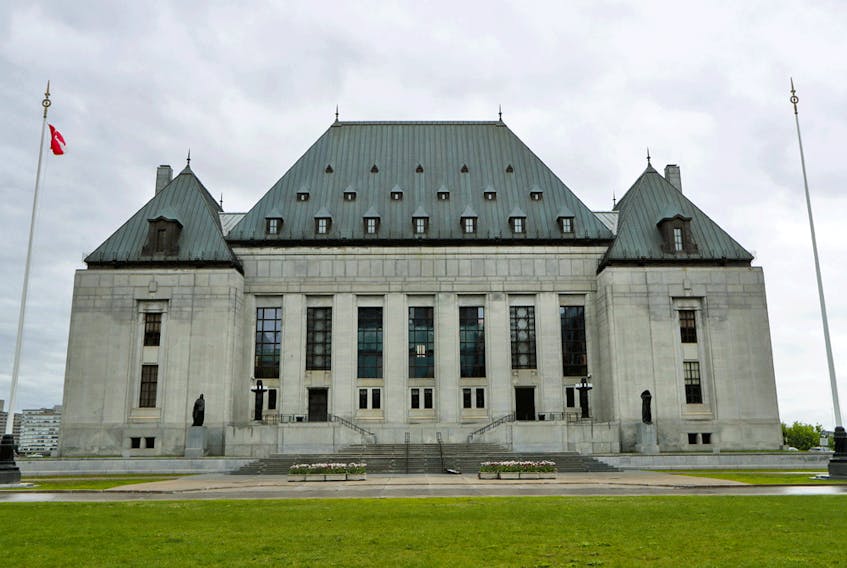OTTAWA, Ont. — The Supreme Court of Canada has ruled that Quebec courts can decide on the aboriginal title and rights of two Quebec Innu groups, even though part of that territory is in Labrador.
The Innu of Uashat and of Mani-Utenam and the Innu of Matimekush-Lac John sued IOC and the Labrador Railway Company in 2013 in Quebec, saying they weren’t consulted on the multiple open-pit mines near Schefferville, Quebec and Labrador City that have been going on since the 1950s.
They asked for the mining to stop and for the court to award $900 million in damages. They also asked for the courts to declare they had aboriginal title and other aboriginal rights over the territory, which is in both Quebec and Labrador.
The Government of Newfoundland and Labrador objected, under the grounds Quebec had no jurisdiction to make a declaration of rights in another province.
The Superior Court of Quebec ruled the same laws didn’t apply to aboriginal rights as it did to other inter-provincial matters and the matter went to the Supreme Court.
In a 5-4 decision, the Supreme Court upheld the ruling, referencing Section 35 of the Constitution recognizing aboriginal and treaty rights.
“Since aboriginal rights existed before Crown sovereignty, the majority said provincial borders shouldn’t affect those rights,” the courts said in a release. “That means groups like the Innu shouldn’t have to fight the same legal battle in courts in different provinces applying the same law. This would lead to more cost and confusion. It could even mean the Innu wouldn’t be able to pursue their rights. This would go against the honour of the Crown.”
The four justices that disagreed said in the decision that the ruling could have serious consequences for Canadian federalism and that it would lead to increased litigation and delays, as well as confusion and loss of confidence in the justice system.
They wrote that this approach leads to a strong possibility of conflicting judgments and confusion when a court in one province can rule on aboriginal land title in another.
The ruling does not address the validity of the case the Innu governments are bringing against the companies, just whether Quebec had the right to rule on aboriginal title and rights in Newfoundland and Labrador. The case will now return to the Quebec courts.









